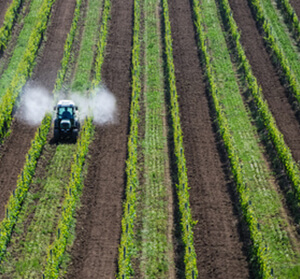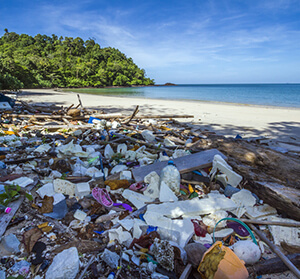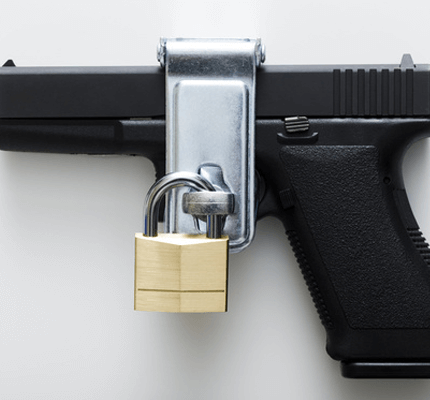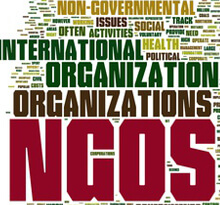 The EU institutions and Member States governments are considering various options and regulatory tools to propose suitable rules for drone operation in the European Union. The European Commission, the body responsible for issuing the formal proposal, has recently confirmed that a drone regulation is necessary and would be up and running as 2019.
The EU institutions and Member States governments are considering various options and regulatory tools to propose suitable rules for drone operation in the European Union. The European Commission, the body responsible for issuing the formal proposal, has recently confirmed that a drone regulation is necessary and would be up and running as 2019.
The proposal is set to balance the need for safe drone utilization as well as the necessary framework for the development of the drone sector. The EU rules are expected to require compulsory drone registration as well as drone identification. Drones will also face limits both in terms of their place of operation and altitude. It is also widely believed that rules that apply today to the airline industry, such authorization and tracking will also spillover to drones. There have also been calls for a drone license for operators.
Member states and the European Parliament will soon scrutinize the proposal and eventually approve the rules that would apply to drones across the EU.

 At the turn of the year, the European Commission made a proposal for a regulation focusing on the protection of personal data in electronic communication, the so-called ePrivacy Regulation.
At the turn of the year, the European Commission made a proposal for a regulation focusing on the protection of personal data in electronic communication, the so-called ePrivacy Regulation. In February 2017, three Member States (France, Germany and Italy) sent a letter to the European Commission demanding greater EU powers to control, and if necessary block, third country takeovers. This because many European companies face restriction to buy foreign companies. But this is not the case with foreign firms. On the contrary, they are increasingly buying European firms, in key strategic sectors.
In February 2017, three Member States (France, Germany and Italy) sent a letter to the European Commission demanding greater EU powers to control, and if necessary block, third country takeovers. This because many European companies face restriction to buy foreign companies. But this is not the case with foreign firms. On the contrary, they are increasingly buying European firms, in key strategic sectors. Back in 2008, the European Commission issued a proposal for legislation on providing food information to consumers. The proposal was approved. It included food labelling rules and nutritional information. But Members of the European Parliament rejected a mandatory system that would have labelled food based on the traffic light system.
Back in 2008, the European Commission issued a proposal for legislation on providing food information to consumers. The proposal was approved. It included food labelling rules and nutritional information. But Members of the European Parliament rejected a mandatory system that would have labelled food based on the traffic light system. On June 14, the European Parliament decided to support the European Commission’s proposal for an outright ban on the use of pesticides in nature conservation areas. Under the new rules, farmers will no longer be allowed to use pesticides in areas that have been determined to have an ecological focus. Member States will decide what are the areas of ecological focus based on a common EU definition.
On June 14, the European Parliament decided to support the European Commission’s proposal for an outright ban on the use of pesticides in nature conservation areas. Under the new rules, farmers will no longer be allowed to use pesticides in areas that have been determined to have an ecological focus. Member States will decide what are the areas of ecological focus based on a common EU definition. Following the Circular Economy Package, the European Commission is also working towards an over-arching strategy on plastics. In that framework, it is also considering legislation that is aimed at reducing microplastics that are emitted by various products at the end of their lifecycle, or during production and transport.
Following the Circular Economy Package, the European Commission is also working towards an over-arching strategy on plastics. In that framework, it is also considering legislation that is aimed at reducing microplastics that are emitted by various products at the end of their lifecycle, or during production and transport. Alber & Geiger is proud to announce that the firm was recognized again in 2017 by The Lawyer European Awards for its excellence across the European legal market. Alber & Geiger was shortlisted as Law Firm of the Year in the Benelux. This follows on an earlier recognition by the prestigious European Public Affairs Awards (EuroPAwards). Alber & Geiger was nominated in four different categories and Andreas Geiger was handed the Best Lobbyists award for 2016.
Alber & Geiger is proud to announce that the firm was recognized again in 2017 by The Lawyer European Awards for its excellence across the European legal market. Alber & Geiger was shortlisted as Law Firm of the Year in the Benelux. This follows on an earlier recognition by the prestigious European Public Affairs Awards (EuroPAwards). Alber & Geiger was nominated in four different categories and Andreas Geiger was handed the Best Lobbyists award for 2016. Next to the proposal to amend the Firearms Directive, which focuses on possession, acquisition and transfer within the European Union, the European Commission is also set to embark on a revision of the Firearms Regulation.
Next to the proposal to amend the Firearms Directive, which focuses on possession, acquisition and transfer within the European Union, the European Commission is also set to embark on a revision of the Firearms Regulation. Via the Multiannual Financial Framework (MFF), the European Union lays down the maximum annual amounts, which the European Union dedicates to a particular field over a certain period of time. The current projection covers the period 2014-2020. The MFF includes, among other things, all the external action of the European Union, which provides support to third countries abroad.
Via the Multiannual Financial Framework (MFF), the European Union lays down the maximum annual amounts, which the European Union dedicates to a particular field over a certain period of time. The current projection covers the period 2014-2020. The MFF includes, among other things, all the external action of the European Union, which provides support to third countries abroad.